|
Some English speakers in Japan will say that 花見 means "flower viewing" but this is not so useful when speaking in natural English. 花見 is an event, you are not only looking at flowers! I can't ever imagine a native English speaker telling friends in his/her home country: "I went flower viewing last weekend." "Flower viewing" is not natural English... During cherry blossom season you may go to a 花見パーティー. What do you do at a 花見パーティー? You sit on a blanket outside, eat and drink. In English this is a Picnic! You had a picnic! Now let's add more information. Where do you have a 花見パーティー (picnic)? You have a picnic under the blossoming cherry trees! This is flower viewing (looking at flowers) This is 花見 (having a picnic under the cherry blossoms) So flower viewing is a direct translation but it is not exactly 花見! Next time you can tell your English speaking friends that you “Had a picnic under the cherry blossoms!” Enjoy 花見!!!
0 Comments
English phrase beef up = make stronger from Weblio.jp The President says we must beef up our military forces. 我々は軍事力を強化すべきだと、大統領は言っている。 Should Japan beef up its anti-terrorism measures?
Click the image for the English news story (上級英語) Have you ever seen this katakana? シュガーレス What does it mean? That's right! No シュガー! (No sugar!) Do you know what this word means? care Have you ever heard someone say "Take care." when they are saying goodbye? This is like "気をつけて." How about "I don't care." when they are mad? This is like "関係ない." What do you think the careless means? Right! They are not safe or concerned. If someone is careless it's easy to have an accident or lose something. Do you know the opposite of careless? *I'll write it at the end of this post ;-) I usually buy yogurt that is 無脂肪. Do you know how to say 無脂肪 in English? It's FAT FREE!
What do we call someone who is very relaxed, never worried or stressed? That person is carefree! They don't have a care in the world! You can find many examples of English words that end in FREE or LESS. Now you can understand the meaning. So did you guess the opposite of careless? If someone cares a lot they are careful! They are "full" of concern or full of care. Are you careful, carefree or careless? Here is another common mistake I have heard from some of my Japanese students. "Dave is very kindly." Kindly ends with an いい (EE) sound *BUT* words that have an いい (EE) sound are NOT ALWAYS adjectives in English! (Remember this post? English adjectives 形容詞) Kindly is an adverb (副詞). Many adverbs end with 'LY' so be careful, an adverb can ONLY be used to describe verbs (an action/動詞), not nouns (a person, place or thing/名詞) Here are some common adverb examples: carefully "Karen drives very carefully." Drive is a verb so if we want to describe how do someone drives (or describe their driving) we can use the adverb carefully. quickly "Usain Bolt runs quickly." Run is a verb so we use the adverb quickly to describe it. gently “Bob kisses his baby’s head gently.” Kiss is also a verb... The word 'Dave' is a noun from our first sentence, so we need an adjective to describe him (me!). The adjective is kind so we would say... "Dave is very kind." What a nice thing to say! Thank you very much! In English we use the verb TAKE with medicine or vitamins. So… “I was sick but I TOOK some medicine last night so I feel better now.” This is correct! I don’t like to take medicine! Do you take any vitamins? *発音練習* vitamin は VAI-TAH-MIN (ヴッアイタミン) NOT ビタミン!!! Be careful with this word :) I take vitamin C (sometimes!) My students sometimes tell me: “I was sick, but I drank some medicine last night so I feel better now.” In Japanese we use the verb 飲む when we have medicine, but if you translate it directly into English (直接翻訳) it sounds very strange! |
English 808Dave has been teaching English to Japanese students since 2006! Archives
August 2015
Categories |

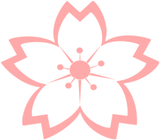
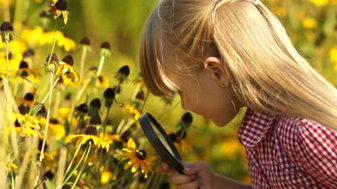
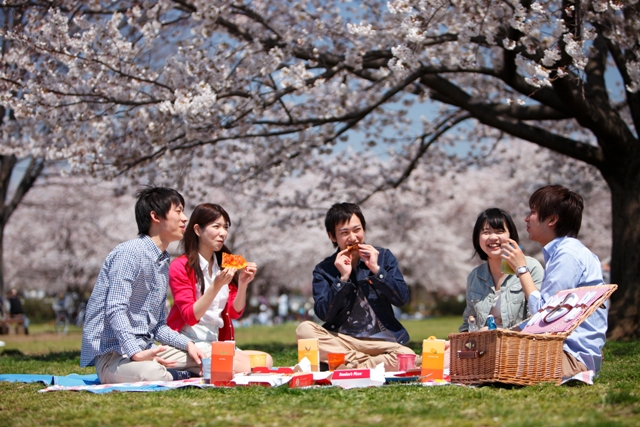
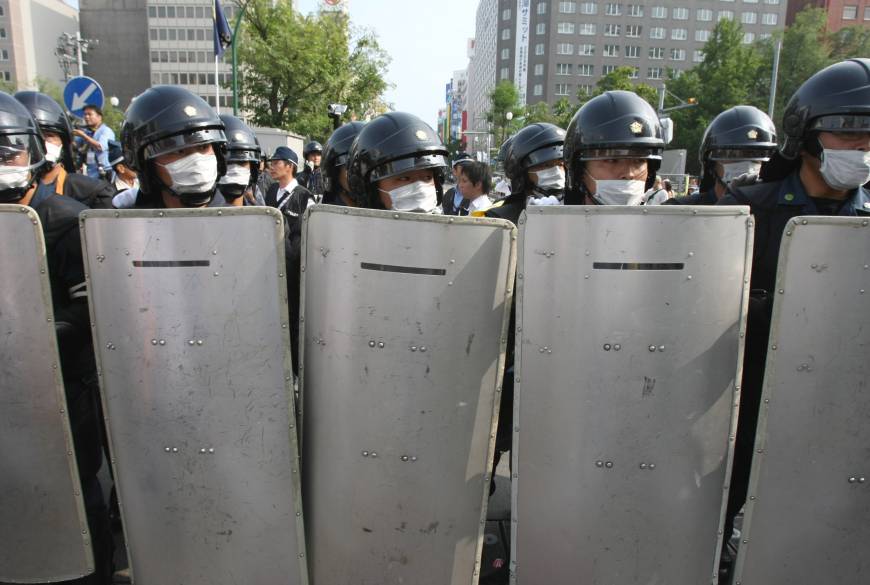
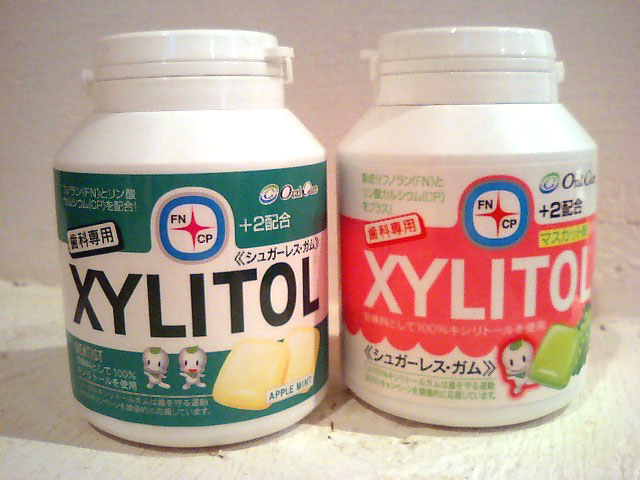
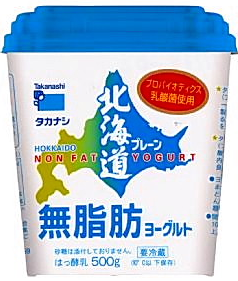

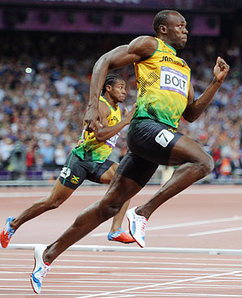

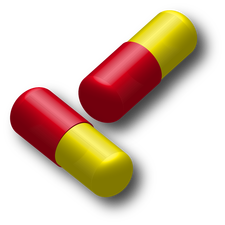
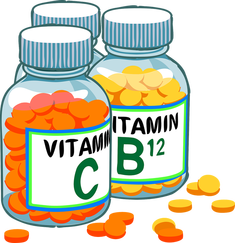
 RSS Feed
RSS Feed
